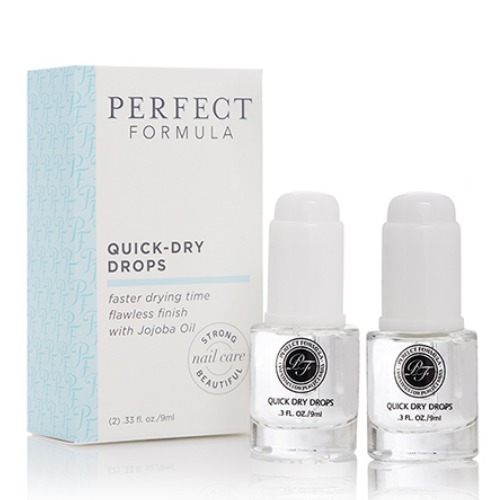EZQuest Russian Keyboard Cover for the 13.3" & 15.4" X21274 B&H
1-48 of over 30000 results for laptop keyboard cover russian for lenovo Results SOLDOUT™ Dustproof Waterproof Strong Viscosity English Russian Keyboard Layout Sticker for Laptop PC (Green) 5 AED2299 Save …





![The Last of Us Part II ــ[91GB]ــ[CUSA10249]ــ PS4 Download](https://i.imgur.com/b1FzH5Z.png)


